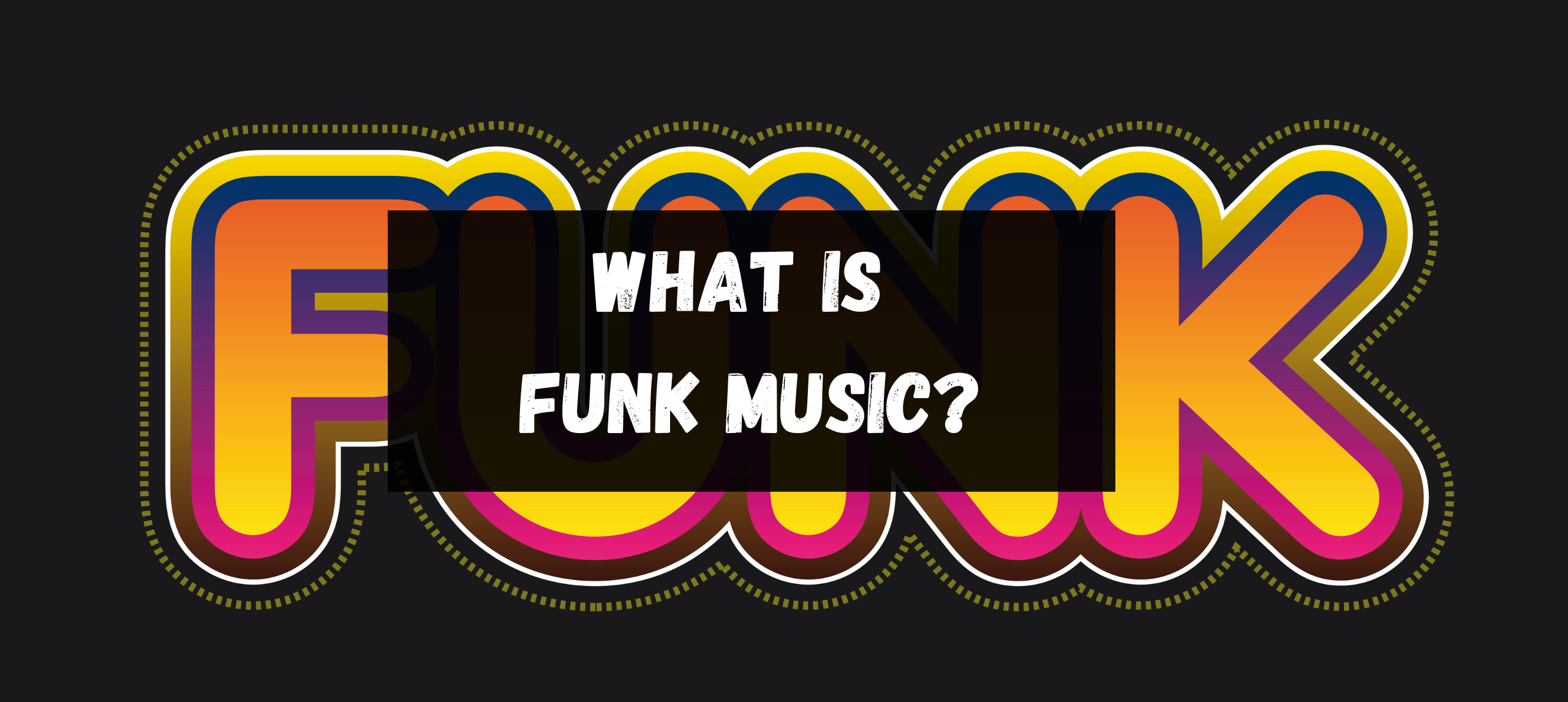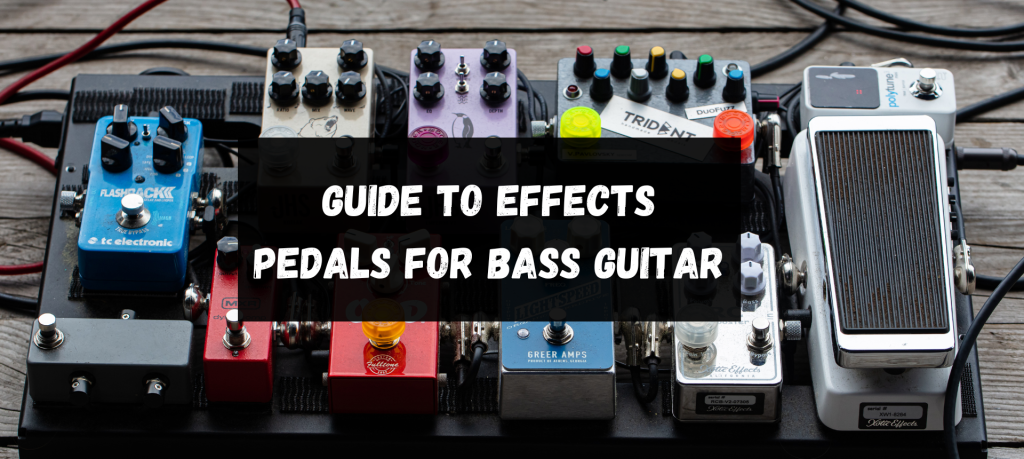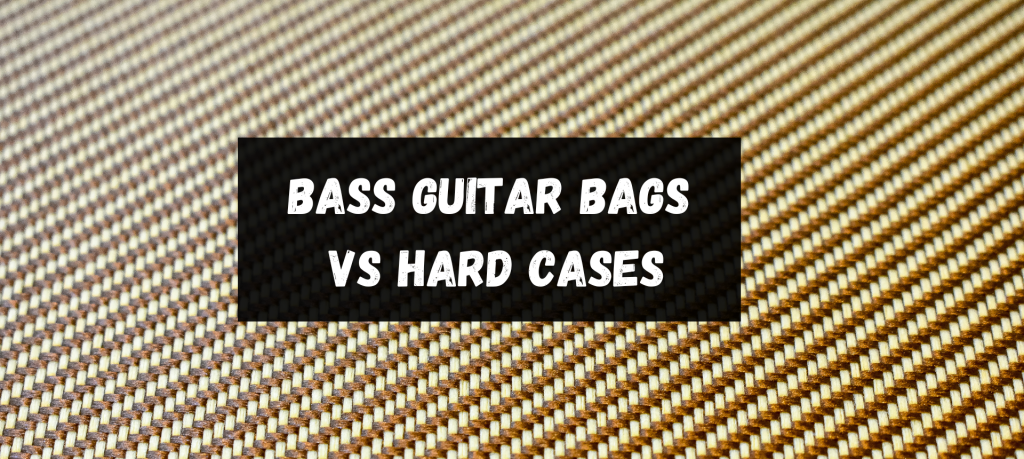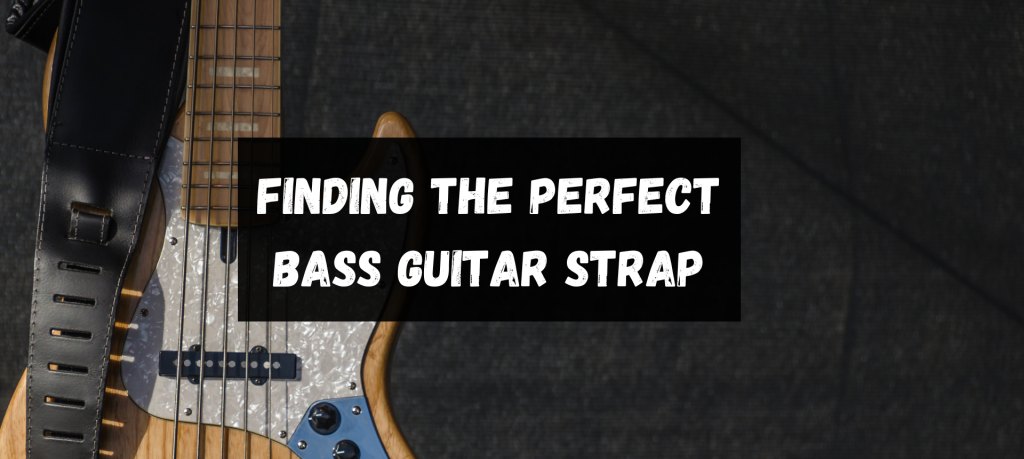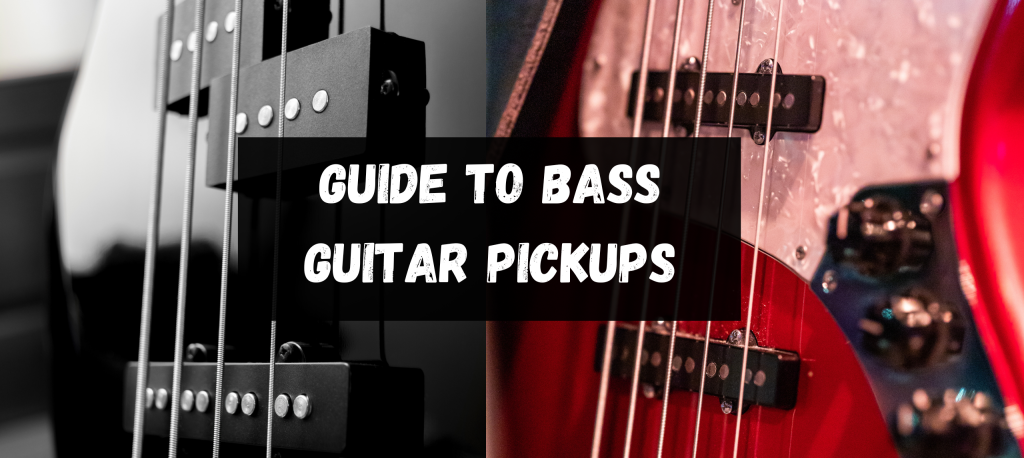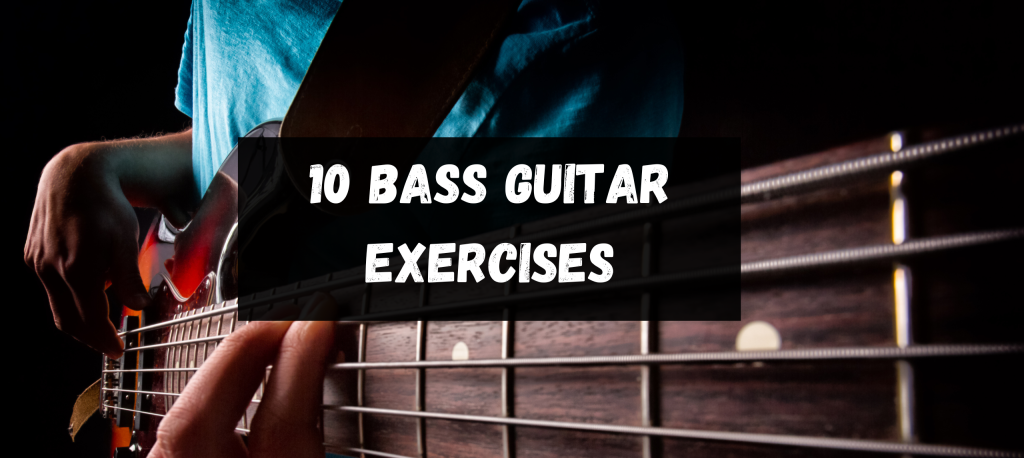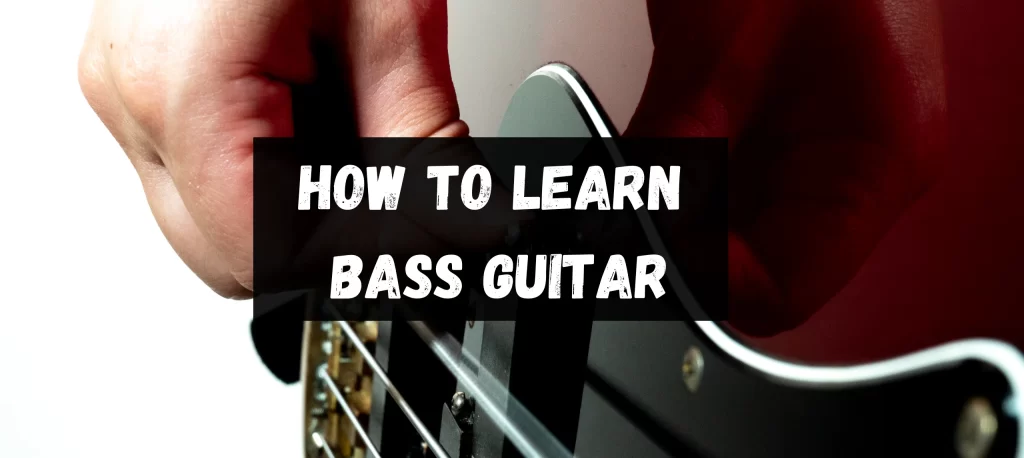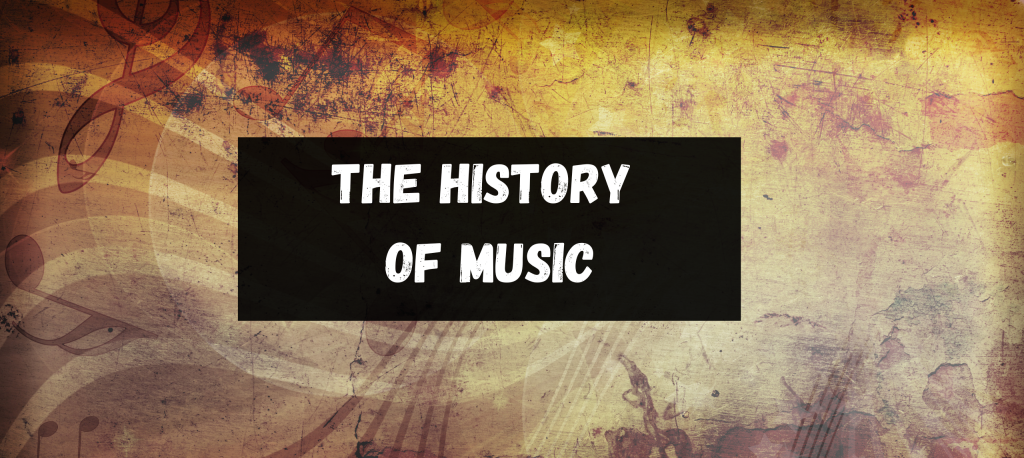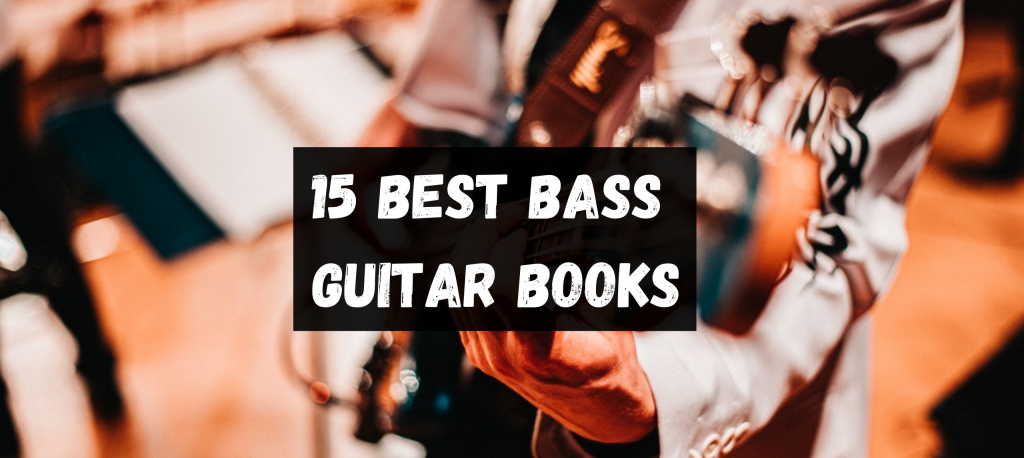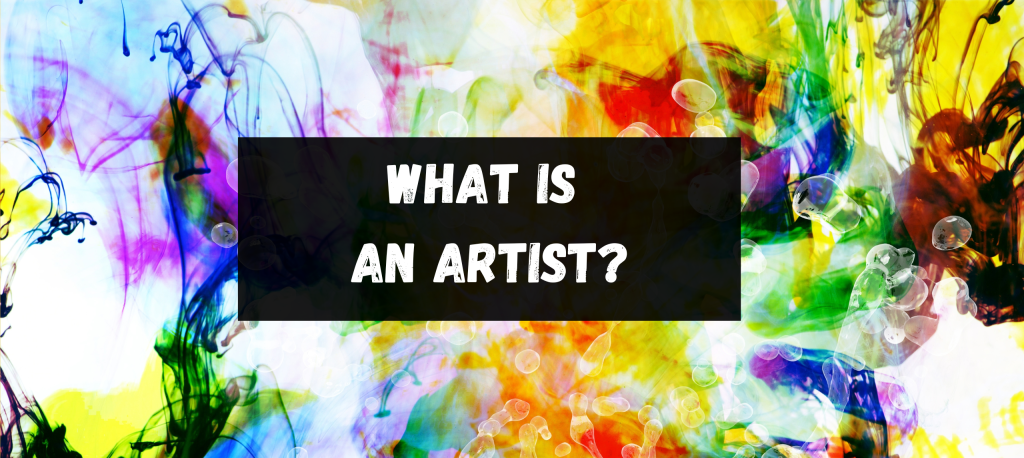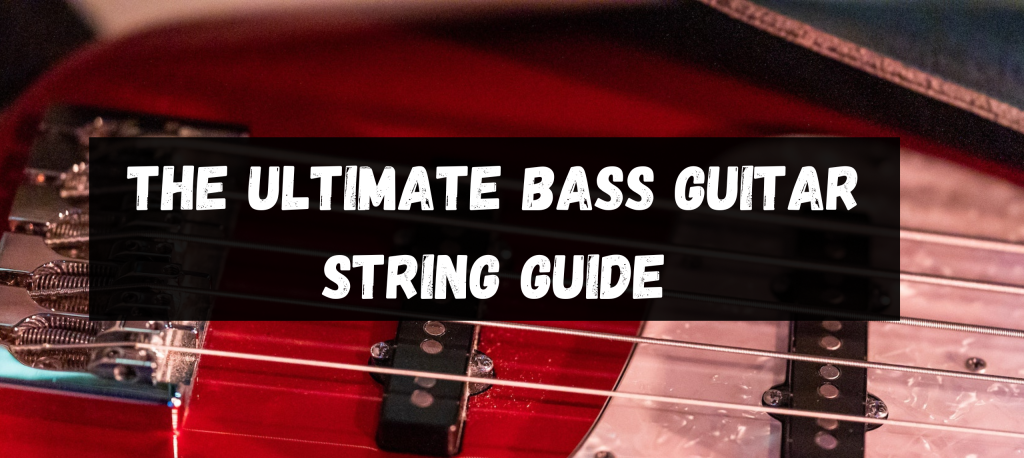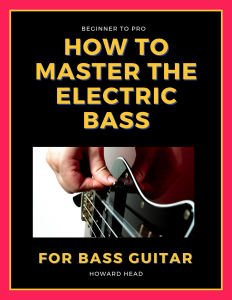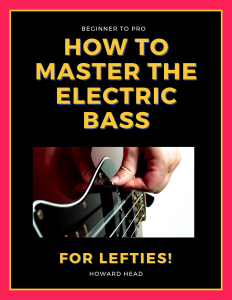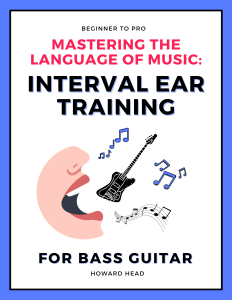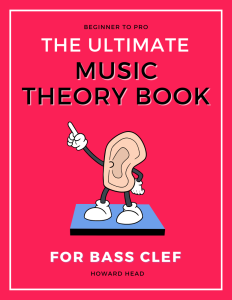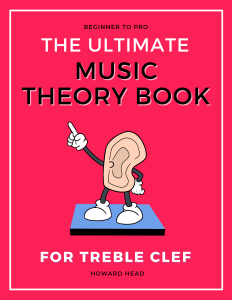August 18, 2023
Howard
Funk music is a rhythmic and danceable genre that originated in the 1960s, blending elements of jazz, soul, and R&B. Characterised by its groovy basslines, syncopated drum patterns, and emphasis on the “one” beat, it has played a pivotal role in the evolution of modern music. Over the decades, its infectious grooves have deeply influenced British and global music scenes.
Born amidst the vibrant cultural shifts of the 1960s, funk music emerged as an audacious blend of jazz, soul, and R&B, capturing the zeitgeist of its era with its pulsating basslines, complex rhythms, and soul-stirring melodies. This genre, rooted in African-American communities, quickly transcended its origins, appealing to a universal audience with its evocative beats and empowering lyrics. Funk became more than just music; it was an emblem of freedom, resistance, and celebration, intricately interwoven with its time’s social and political movements.
Yet, what is it about funk that still resonates with us today? Why does its sound make our spirits soar and compel us to move, even if it’s a subtle foot-tap or a head nod? As we embark on this musical journey, we’ll peel back the layers of funk, exploring its rich history, iconic figures, and lasting impact on the global music scene. So, dear reader, buckle up. We promise an enthralling exploration filled with mesmerising anecdotes, fascinating insights, and a deeper appreciation of why funk remains one of the most beloved genres in the world.
Unpacking the Basics
What Defines the Funk Sound?
At its core, funk is an audacious blend of rhythm and flair. The genre is unmistakably recognised by its groovy basslines forming most tracks’ foundation. These bass patterns often involve intricate syncopations, giving the music its characteristic bounce and swagger. Complementing this are sharp, punctuated drum beats that emphasise the first beat of every bar, commonly referred to as “the one”. This starkly differs from other genres that may stress the second and fourth beats. Additionally, funk often employs a rich tapestry of brass instruments, from trumpets to saxophones, which lend a vibrant, almost celebratory feel to the music. Lastly, the vocals in a funk, whether delivering socially-conscious messages or simply celebrating life, are dynamic, passionate, and infused with a distinct soulful quality.

The Origins of Funk: A Brief Backstory
Funk’s roots can be traced back to mid-20th century America, particularly in African-American communities. Born during significant social upheaval and change, funk music became an outlet for expression, resistance, and celebration. As jazz, soul, and R&B converged, this new genre began to take shape, led by pioneering artists like James Brown, whose groundbreaking track “Papa’s Got a Brand New Bag” is often heralded as one of the earliest funk masterpieces. By the 1970s, funk had crossed the Atlantic, influencing British bands and resonating with UK audiences, who embraced its infectious rhythms and the freedom it epitomised. This transatlantic exchange saw the birth of unique British funk sub-genres and collaborations, further solidifying funk’s place in the annals of musical history.
Key Elements of Funk Music
Signature Rhythms and Beats
- Syncopation: One of the defining features of funk is its heavy use of syncopation, where rhythms are displaced to create unexpected accents.
- Emphasis on “The One”: Unlike many genres that stress the second and fourth beats, funk places a notable emphasis on the first beat of every bar.
- Complex Drum Patterns: Funk drummers often employ intricate rhythms, interplaying with the bass to create a groove that’s hard to resist.
- Extended Vamps: Many funk tracks are built around extended vamps, where a single chord or short chord progression is repeated, allowing musicians to improvise over the top.
Instrumentation: The Funky Foundation
- Bass Guitar: The backbone of the funk sound, bass guitar lines are often complex and played in a percussive style. They must emphasise the one!!
- Brass Section: Trumpets, trombones, and saxophones lend funk tracks a celebratory and vibrant tone.
- Rhythm Guitar: Typically played in a sharp, staccato style, rhythm guitar in funk often complements the bass with short, rhythmic chords.
- Keyboards: From electric pianos to clavinets and synthesisers, keyboards add texture and melodic layers to the funk sound.
- Percussion: Beyond the drum kit, instruments like congas, bongos, and tambourines add depth and intricacy to funk rhythms.
Lyrics and Themes: What Funk Songs Talk About
- Social Commentary: Many funk tracks delve into themes of social justice, racial equality, and political activism, reflecting the times they were written.
- Celebration and Dance: Given its rhythmic nature, a lot of funk music celebrates life, joy, and the sheer act of dancing.
- Love and Relationships: Like most genres, funk has its fair share of tracks dedicated to the ups and downs of love and relationships.
- Empowerment and Pride: With its roots in African-American communities, funk often carries messages of empowerment, self-respect, and community pride.
- Storytelling: Some funk songs, especially those from Parliament-Funkadelic, offer whimsical tales and stories, often with a hint of satire or social commentary.
Iconic Funk Artists and Tracks
Pioneers of Funk: Artists Who Shaped the Genre
With its infectious rhythms and soulful melodies, the funk genre was spearheaded by a cadre of trailblazing artists who left an indelible mark on the music scene. James Brown, often dubbed the “Godfather of Funk”, was instrumental in defining and popularising the genre. With hits like “Get Up (I Feel Like Being a) Sex Machine”, he showcased the raw energy and passion that funk embodied. Then there’s George Clinton and his bands Parliament and Funkadelic, who introduced a psychedelic twist to traditional funk, resulting in groovy and otherworldly tracks. Stevie Wonder, while primarily known for his contributions to soul and pop, dabbled in funk with chart-toppers like “Superstition”. And, of course, we must remember artists like Bootsy Collins and Sly and the Family Stone, whose innovative approaches further enriched the genre. These pioneers, among others, laid the groundwork for funk, influencing countless artists in the UK and worldwide.
Essential Funk Tracks Every Beginner Should Listen To
For those new to funk, certain tracks encapsulate the very essence of the genre, providing a perfect introduction:
- “Papa’s Got a Brand New Bag” by James Brown – Often considered one of the first funk songs, this track is a masterclass in rhythm and energy.
- “Give Up the Funk (Tear the Roof off the Sucker)” by Parliament – A psychedelic funk anthem that showcases the genre’s capacity for fun and exuberance.
- “Family Affair” by Sly and the Family Stone – A mellower tune, this song’s subtle grooves and poignant lyrics highlight the versatility of funk.
- “Flashlight” by Parliament-Funkadelic – With its compelling bassline and infectious chorus, it’s a track that epitomises the funk sound.
- “I Want Your Love” by Chic – This British band brought their own unique flair to funk, and this track, with its catchy melodies and tight rhythms, is a testament to their genius.
While just the tip of the iceberg, these songs offer newcomers a taste of funk in all its rhythmic glory and are essential listening for anyone looking to immerse themselves in the genre.
Funk’s Legacy and Influence
How Funk Transformed Other Music Genres
The repercussions of funk’s unique sound can be felt far and wide across the musical landscape. Its influence is not just limited to its birthplace in America but has resonated profoundly with international audiences, including here in the UK.
- Pop and Rock: Many pop and rock artists of the late 20th century integrated funk rhythms and basslines into their tracks, resulting in chart-topping hits that bore the unmistakable groove of funk.
- Hip-Hop and Rap: The breakbeats of funk tracks became foundational to hip-hop. Sampling classic funk tunes, early hip-hop artists paid homage to the genre while crafting a new sound for a new generation.
- Electronic and Dance: Fk’s repetitive beats and grooves found their way into the burgeoning electronic music scene of the 1980s and 90s. House, techno, and other dance genres owe much of their rhythmic structure to funk influences.
- British Acid Jazz: Emerging in the late 80s and early 90s, this UK-based genre combined elements of jazz, funk, and soul, showcasing the indelible mark funk left on British musicians.
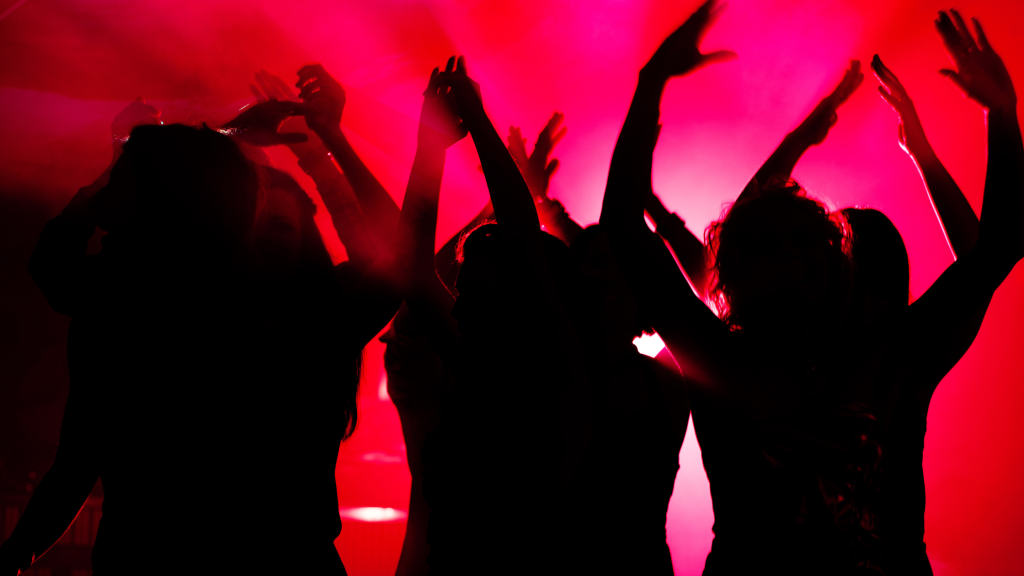
Funk’s Impact on Pop Culture
Funk’s influence wasn’t restricted to the realm of music. It’s vibrant energy and social themes found resonance in various aspects of pop culture, shaping and reflecting societal changes.
- Fashion: The striking and eclectic styles associated with funk artists, from platform shoes to psychedelic prints, became emblematic of 70s fashion, setting trends that are still revisited today.
- Film and Television: Funk soundtracks became synonymous with certain genres of film, particularly ‘Blaxploitation’ cinema. Additionally, television programmes and adverts incorporated funk themes and tunes to capture the zeitgeist of the times.
- Dance: The rhythmic beats of funk led to the birth and evolution of several dance styles, with movements designed to mirror and accentuate the music’s infectious grooves.
- Social Movements: With its roots in African-American expression, funk music became intertwined with civil rights movements in the US and internationally. Its messages of empowerment, resistance, and unity provided a soundtrack to significant social and political changes.
Diving Deeper into Funk
Sub-genres and Evolutions of Funk Music
With its rich and rhythmic roots, Funk has never been content to sit still. Over the decades, it has evolved and branched out, birthing many sub-genres and fusion sounds, each carrying the original spirit of funk while adding its unique twist.
- P-Funk: Spearheaded by George Clinton and his bands Parliament and Funkadelic, P-Funk (or “Parliament-Funk”) introduced a psychedelic and often whimsical element to traditional funk, complete with elaborate stage shows and otherworldly themes.
- Jazz-Funk: This fusion genre marries the improvisational nature of jazz with the rhythmic core of funk, offering a more sophisticated and complex sound palette. British bands, notably Incognito, have been significant players in this space.
- Electro-Funk: Born in the 80s, electro-funk utilises synthesisers and drum machines, combining the old with the new and paving the way for future electronic music genres.
- Funk Rock: Merging the raw energy of rock with the grooves of funk, artists like the Red Hot Chili Peppers have championed this fusion, leaving a lasting impact on both genres.
Modern Artists Keeping the Funk Alive
While the golden age of funk might have been in the 70s, the genre’s heartbeat continues to pulse vigorously in the modern music scene. Several contemporary artists in the UK and globally draw heavily from funk, ensuring its legacy remains vibrant.
- Bruno Mars: With tracks like “Uptown Funk”, Mars has reintroduced classic funk sounds to a new generation, infusing his music with unmistakable grooves and rhythms.
- Jamiroquai: A British band that’s been flying the funk flag for decades, their blend of acid jazz and funk has resulted in a slew of hits and a dedicated fanbase.
- Vulfpeck: An American band with a global following, Vulfpeck’s minimalist approach harks back to the funk classics, proving that sometimes less is more.
- Anderson.Paak: Seamlessly blending R&B, hip-hop, and funk, .Paak’s music is a testament to Funk’s enduring influence in the modern era.
Funk’s resilience and adaptability ensure it remains a genre that survives and thrives, continually reinventing itself while staying true to its rhythmic roots.
Popular Funk Festivals in the UK
- Love Supreme Jazz Festival – Located in Glynde Place, East Sussex, this festival celebrates jazz but often features a wide array of genres, including soul, R&B, and funk.
- The Mostly Jazz, Funk & Soul Festival – As the name suggests, this Birmingham festival offers a mix of jazz, funk, and soul acts. It’s one of the more prominent events in the UK where funk gets a significant spotlight.
- Funk and Soul Weekender – Relocating from Brighton to Margate’s Dreamland, this festival is a haven for funk and soul enthusiasts.
- Liverpool Disco Festival – While the primary focus is on disco, given the intertwined history of funk and disco, many funk acts or funk-inspired sets can often be found here.
- Boomtown – Held in Winchester, this massive festival spans a wide range of genres, but you can usually find a dedicated stage or area for funk and soul music.
- The Big Feastival – Located in the Cotswolds, this is more of a family-oriented festival with a diverse music offering, but it often includes some funk and soul acts.
- Bestival – Located on the Lulworth Estate in Dorset, Bestival is known for its eclectic mix of genres, and funk often features in the lineup.
Conclusion
As we draw this exploration close, it’s clear that funk is more than just a genre; it’s a movement, a feeling, and a testament to the power of rhythm to move both body and soul. From its early days in the vibrant heartlands of America to its profound influence on the British music scene, funk has consistently showcased its ability to evolve while retaining its essence.
For those newly initiated, the world of funk offers a treasure trove of beats, melodies, and stories waiting to be discovered. And for the seasoned aficionado, there’s always a fresh layer, a new artist, or a hidden gem to unearth. So, whether you’re stepping into this world for the first time or rekindling an old passion, remember: the groove awaits, and your funk journey has only just begun. Let the rhythms guide you, and may your days be forever funky.
Feast Your Brain Over These

Howard Head
I turn confused bass enthusiasts into bass gods through a simple and logical process.


